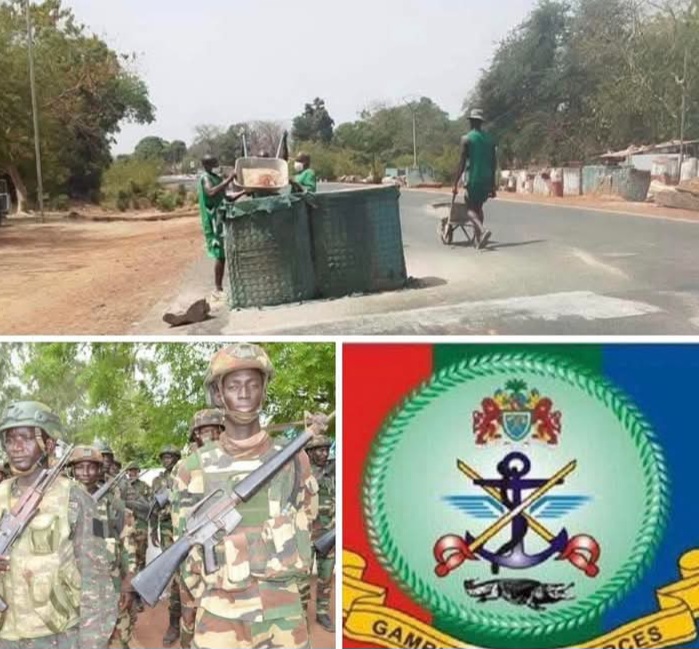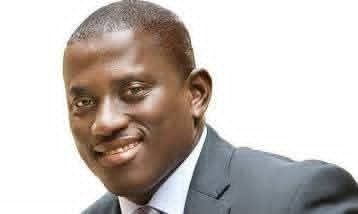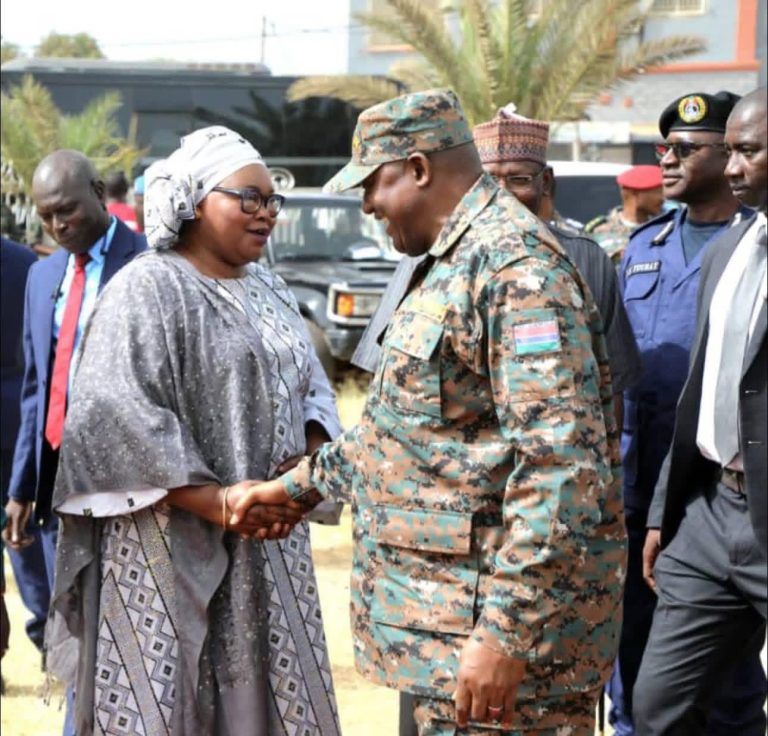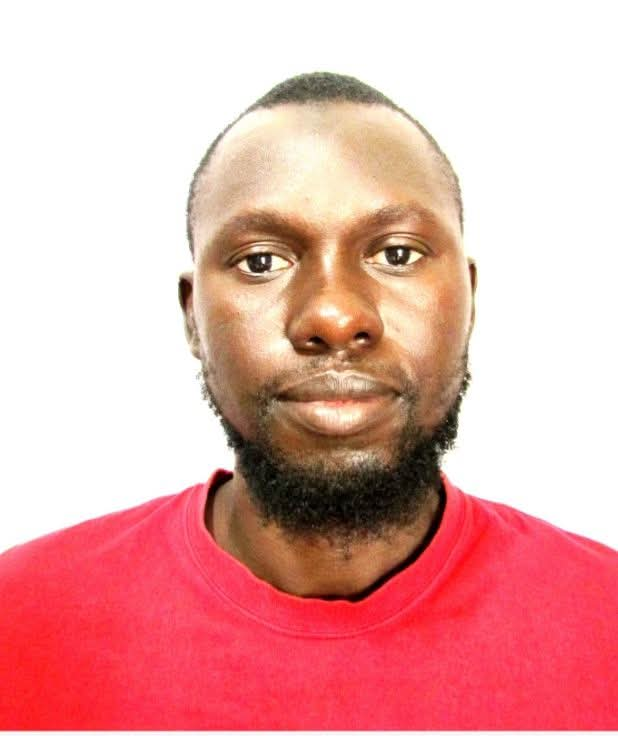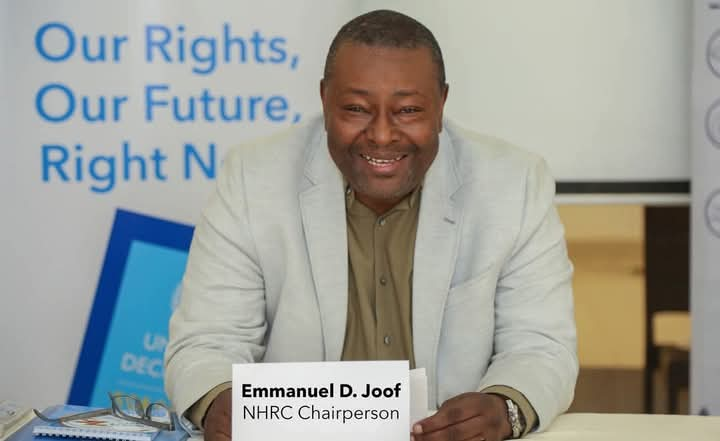
As a matter of principle and professional ethics, I typically refrain from disclosing details of private meetings or mediation efforts in which I am involved, particularly in light of the National Human Rights Commission’s role in resolving disputes amicably and in confidence.
However, the public statement issued by the Gambia Press Union (GPU) on 8th May 2025 contains serious and unfounded allegations against me. In light of the misleading and malicious nature of these claims, I am compelled to respond and clarify the facts in order to set the record straight.
1. Introduction and Context
I was surprised and dismayed to read the press release issued by the Gambia Press Union (GPU) on 8 May 2025, which alleges that myself, Mr Bai Emile Touray (Executive Secretary of the Media Council of The Gambia), and Mr Babucarr Cham (Chairperson of the Governing Council of the Media Council), attempted to pressure journalist Mr Mustapha K. Darboe to exonerate former Minister of Justice, Mr Abubacarr Tambadou, in relation to a story published by the Republican on 30 April 2025. These allegations are wholly unfounded, misleading, and do not reflect the facts of the meeting held on 6 May 2025 at the NHRC premises.
2. The Genesis of the Meeting
On 5 May 2025, I received two separate calls, first from Mr Abubacarr Tambadou and later from Mr Bai Emile Touray. Mr Tambadou informed me that he had previously spoken with both Mr Touray and Mr Mustapha Darboe. He expressed dissatisfaction with the Republican’s article, feeling that his comprehensive responses to questions posed by Mr Darboe were not fairly represented. He mentioned that he had submitted his responses within five days — a period he considered short but during which he nonetheless cooperated fully, and that Mustapha publication came out the same day he sent his responses therefore insinuating that Mustapa did not take into consideration his responses in his report.
He further stated that some individuals had suggested he take legal action, but that he preferred an amicable resolution. He believed a clarification by Mr Darboe would help reduce what he described as a growing misperception that he was the target of the article and that he was corrupt.
3. Request for NHRC Representation at the Meeting:
Mr. Tambadou expressed his desire for a meeting to be convened by Mr Emile Touray involving Mr Darboe, and representatives of both the Media Council and the NHRC. He even suggested Commissioner Drammeh as a possible NHRC participant. I immediately contacted Commissioner Drammeh, but he was travelling to Addis Ababa for an official engagement. Commissioner Imam Baba Leigh, who oversees alternative dispute resolution, mediation and negotiations within the NHRC, was also out of jurisdiction on medical grounds. As his official alternate, I agreed to attend the meeting, especially as the matter involved perceived grievance.
4. NHRC’s Mandate and Past Mediation Roles:
The NHRC Act clearly empowers the Commission to engage in alternative dispute resolution, mediation, and negotiation. The NHRC has acted in this capacity in various instances, particularly in media-related matters.
Examples include:
**In 2020, during tensions arising from the “Three Years Jotna” protests, the NHRC facilitated dialogue between the government (Minister of Justice headed by Abubacar Tambadou and Minister of Information Ebrima Sillah) and media stakeholders including the GPU following the closure of King FM and Home Digital FM. The meeting was held at the premises of the NHRC and it resulted in the opening of the two FM stations and dropping of criminal charges against the journalist.
.**On 15th July 2020, the late Inspector General of Police (IGP) Mamur Jobe invited me to a meeting at the Police Headquarters in Banjul with representatives from CSO, TANGO, and executive members GPU, such as Saikou Jammeh and Sheriff Bojang Jr. The IGP stated that he convened the meeting to facilitate a frank dialogue on issues concerning law enforcement, freedom of speech, and responsible journalism. At his request, I chaired the meeting. During the discussions, the IGP expressed concern about the spread of misinformation and disinformation by some media outlets and referenced Membekering Radio (Pa Modou Bojang) and also personal attacks against him, including being referred to by Madi Jobarteh as a “domestic servant” of the people. He also requested the intervention of the NHRC to engage the presses and activists to stop spreading false information and disinformation.
.
**In 2024, the NHRC (Commissioner Imam Baba Leigh and Chairperson Emmanuel Daniel Joof) mediated between The Voice Newspaper and the Office of the President regarding publications suggesting a preferred presidential successor. That matter included both criminal and civil proceedings levelled against the Editor in Chief Musa S. Sherif. NHRC Commissioner Leigh and Chairperson Joof travelled to Mankamang Kunda in URR to meet with the President who was at the time on holidays help de-escalate the situation. After meeting the President, the NHRC call the Editor in Chief to brief him about the meeting with the President including the President’s concern etc.
I reference these engagements to clarify that, as Chairperson of the NHRC, it is routine for me and Commission members to be invited to participate in mediation, dialogue, and stakeholder engagements. It is also important to note that allegations of human rights violations can occur both vertically (between the state and individuals) and horizontally (between private individuals or groups) and NHRC serves as a platform for private citizens to resolve disputes with media professionals without recourse to litigation.
It is therefore misleading and unfortunate for the GPU to suggest that the NHRC has no role in such processes. The NHRC acts in the public interest, especially where allegations of unfair treatment or potential infringements arise and always ensure due respect for the independence of the media.
5. Proceedings of the 6 May Meeting:
The meeting held at the NHRC premises was convened at the request of Mr Touray. Mr Mustapha Darboe was invited and attended voluntarily. At no point during the meeting was Mr Darboe intimidated, pressured, or instructed to retract his article or to co-sign any joint statement with Mr Tambadou.
Rather, Mr. Tambadou’s position as relayed by Mr. Touray was simply a concern that the article failed to reflect his responses adequately, creating an impression that he was being personally targeted and that he was corrupt. He was reportedly considering legal redress but was willing to explore a clarification if Mr Darboe deemed it appropriate.
During the meeting, Mr. Darboe was firm and professional in his response. He clarified that:
.*He had subsequently published Mr Tambadou’s rejoinder;
.*He bore no ill intent or malice;
. He could not control public interpretation of his work;
.*He would consult his editorial team and revert to Mr Touray with a formal response.
Mr. Touray acknowledged the importance of amicable dialogue and encouraged all parties to avoid unnecessary escalation.
6. Addressing the Specific Allegations from the GPU:
I categorically deny the allegations presented in the GPU’s release. Specifically:
(1) That the story caused confusion was a concern raised by Mr Tambadou.
(2) That the article was misinterpreted as an indictment of Mr Tambadou. Again, this was Mr Tambadou’s perception, not a position taken by the NHRC.
(3) That Tambadou was given only five days to reply. Again Mr Tambadou himself raised this, not the NHRC.
(4) That The Republic failed to give due consideration to his response. Again This was his personal opinion. No accusation was made by the NHRC.
(5) That the magnitude of harm was significant. This again was a perception shared by Mr Tambadou, not an NHRC conclusion.
(6) That there were rumors Mustapha was paid. Again I wish to categorically state that I did not endorsed any such insinuation
(7) That the timing was problematic due to Mr Tambadou’s ICJ nomination — This was discussed only in the context of public perceptions and not as a justification for altering journalistic content.
Furthermore, the NHRC never proposed or supported the idea of a joint statement declaring Mr Tambadou’s innocence.
8. Response to the GPU’s Conduct:
I find it deeply disappointing that the GPU, in issuing such a serious allegation, failed to contact me, Mr Touray, or Mr Cham to verify the facts. This approach violates basic journalistic and ethical standards — the very standards the GPU claims to defend. I consider this both unprofessional and defamatory, and the GPU should have verified such a serious claim before publishing.
The GPU’s public statements, rather than promoting clarity or seeking constructive dialogue, have contributed to further confusion and mischaracterization of a matter that was intended to be resolved peacefully and respectfully.
In Conclusion, I reiterate that the NHRC has always acted, and continues to act in the interest of justice, fairness, and respect for human rights, including the right to freedom of expression and a free press. The Commission remains committed to impartiality and stands ready to mediate disputes when approached by any party, as part of its statutory mandate.
The GPU’s portrayal of our engagement as intimidation is incorrect, unjustified, and damaging to the reputation of both the NHRC and the individuals named.

